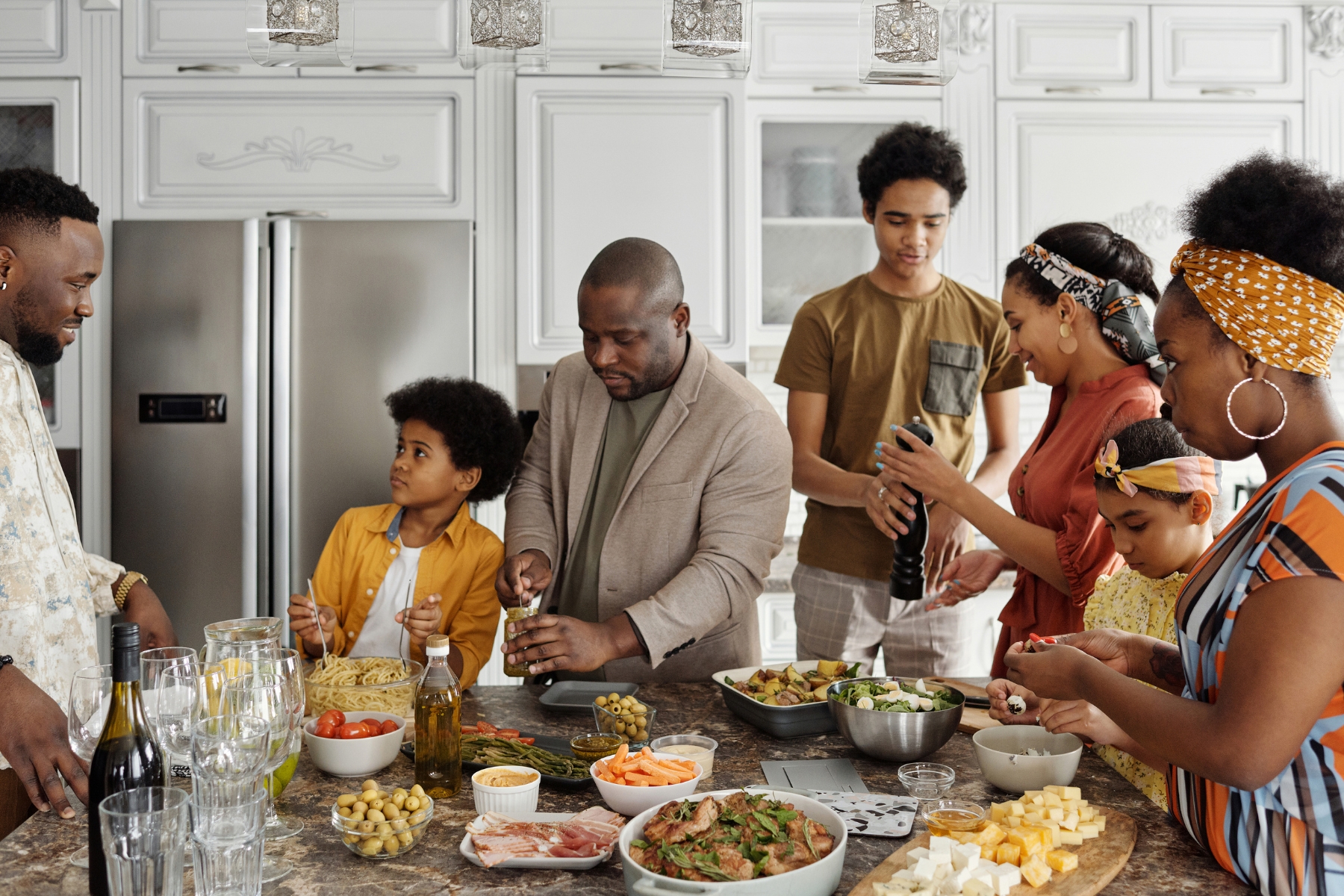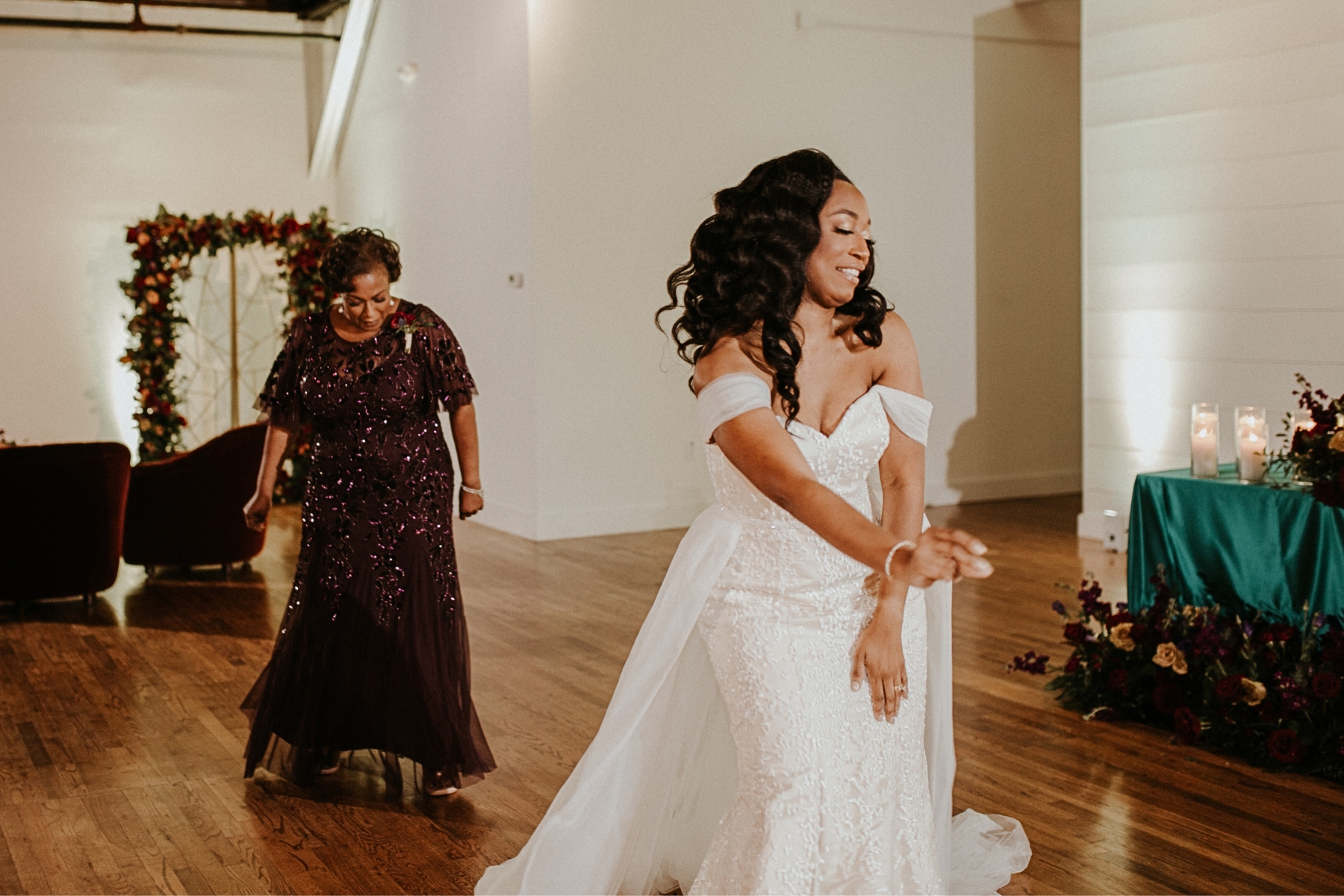The holidays can be a magical time, but for many engaged women, they come with a new layer of significance. You’re no longer just “the girlfriend” navigating occasional family quirks—you’re a soon-to-be spouse, potentially tying yourself to these dynamics for a lifetime. While you’ve likely spent previous holidays with your partner’s family, this year might feel different. Here’s how to balance respect, boundaries, and your own identity as you prepare for what’s ahead.
Acknowledge the Shift in Perspective
Being engaged changes how you view your partner’s family. You’re no longer a guest with the option to stay silent on the sidelines; you’re becoming part of the family. That realization can feel both exciting and overwhelming, especially if you’re imagining future holidays with kids in tow.
Take some time to reflect on what dynamics might impact your long-term relationship with them. (Respectfully, we hope you thought about this before getting engaged… but alas.) Are there traditions you’d love to carry forward? Or perhaps there are behaviors—like a nosy and messy relative or constant unsolicited advice—you need to prepare for? Naming these dynamics now will help you approach them with clarity and confidence.
Decide What Role You Want to Play
Now, you don’t have to mold yourself into their family dynamic, especially if it doesn’t align with who you are. But you might want to ask yourself:
- What’s authentic to me? Are you someone who enjoys being hands-on in family traditions, or do you prefer to contribute in smaller, meaningful ways?
- Where do I draw the line? If a family member tends to push boundaries, you don’t need to be a pushover to maintain harmony.
For example, if someone questions your wedding plans or future parenting choices, a polite yet firm response like, “Thanks for your input, but we’ve got it covered,” lets them know where you stand without escalating tensions, hopefully.
Lean on Your Partner as a Teammate
One of the most significant changes in this stage of your relationship is that you and your fiancé are now a unit. Their family dynamics are no longer just their responsibility—they’re yours to navigate together.
- Strategize together: Discuss how you’ll handle challenging situations as a team. For example, if their family has a habit of overstepping, decide in advance how your partner can step in to support you.
- Present a united front: When you and your partner show a cohesive approach, it sets a precedent that you’re equals in this relationship—and in the family.
You might get some pushback based on the emotions of the relatives, but that’s just something you two will have to deal with together.
Set Boundaries with Grace
Engaged or not, you still have every right to set boundaries. It’s okay to push back on traditions or interactions that don’t feel right for you.
- With individuals: If a family member frequently pries or critiques, you can say, “I appreciate your perspective, but this is something we’ve decided to handle in our way.”
- With traditions: If you’re overwhelmed by their marathon holiday schedule, suggest alternatives like splitting the day between families or hosting at your own home in the future.
Standing your ground now, respectfully but firmly, sets the tone for the future.
Focus on Building Relationships, Not Changing Them
It’s tempting to want to “fix” certain dynamics, but remember: you can’t change decades of behavior overnight—or at all, in some cases. Instead of stressing over what isn’t perfect, focus on what you can control:
- Strengthening bonds: Find common ground with individual family members. A shared hobby, recipe, or love for a particular TV show can go a long way.
- Modeling kindness and respect: Even if certain dynamics are challenging, showing grace can diffuse tension and create space for positive interactions.
Balance the Bigger Picture with Your Personal Boundaries
If kids are in your future, the family dynamics you’re experiencing now could influence how you raise them and the traditions you pass down. Consider what aspects of your partner’s family you’d like to embrace and which behaviors or habits you’d prefer to leave behind. Use this time to observe, discuss with your partner, and envision the family culture you want to create together.
At the same time, remember that you don’t have to take on every family responsibility or drama. It’s okay to step back when a situation feels overwhelming or toxic. Protecting your peace isn’t selfish; it’s essential for your well-being and the health of your relationship. Whether it’s taking a walk, retreating to a quiet space, or asking your partner to intervene, maintaining your boundaries helps you engage with the family on your own terms.
Balancing these priorities—respecting their family culture while carving out your own—lays the foundation for a meaningful, manageable relationship with your in-laws.
Hope this helps!




